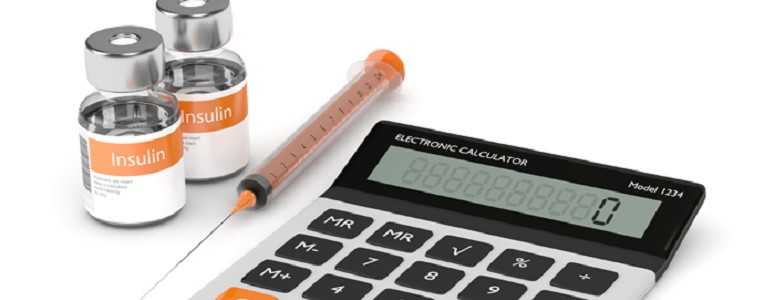Researchers think they may have found a new way to reduce the number of injections for people with type 2 diabetes who use GLP-1 RA (glucagon-like peptide-1 receptor agonist) medication.
A recent study suggests people may only need to inject as little as once a month in the future, providing the results prove successful on humans and receive safety approval.
A US team has been focusing their efforts on GLP-1 RA drugs. These medications can help improve blood glucose as well as aid weight loss, however, they require regular injections. Some GLP-1 Ras need to be taken once weekly, whereas other need to be taken daily.
In a bid to make the molecule last longer, a team from Duke University has combined GLP-1 with a biopolymer molecule. This means the solution starts out as a liquid, but once it has been administered it reacts to body heat and thickens into a gel, slowing down the release of the substance.
The process was tested in animal models of type 2 diabetes and researchers discovered just one injection lasted 10 days in mice and up to 17 days in monkeys.
The difference between the two animals is thought to be linked to metabolism. As human metabolism is even slower than monkeys, the researchers hypothesize that the newly-developed drug could last even longer in people with diabetes.
The researchers wrote: “Preclinical data presents compelling evidence that this construct would require no more than two injections a month for humans, and possibly as few as one per month, especially given the dose-stacking potential of this system.”
The process of ‘trapping’ GLP-1 in the gel-like substance could be used in other forms of medication, the researchers said.
Further research must be carried out to check how the findings of this study could translate to human use.
The findings of the study were published in the Nature Biomedical Engineering journal.
What's new on the forum? ⭐️
Get our free newsletters
Stay up to date with the latest news, research and breakthroughs.









